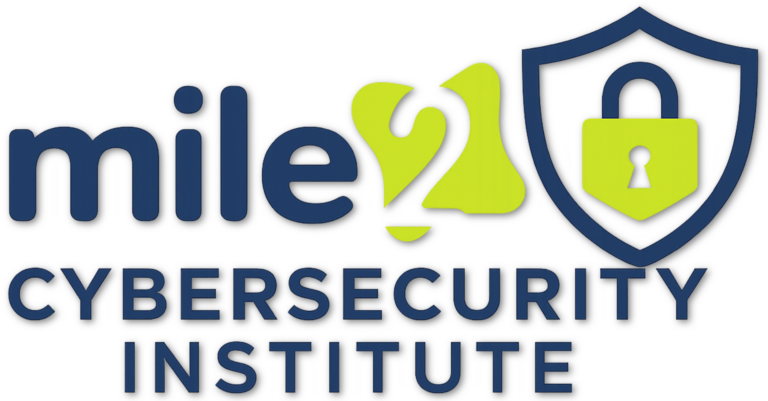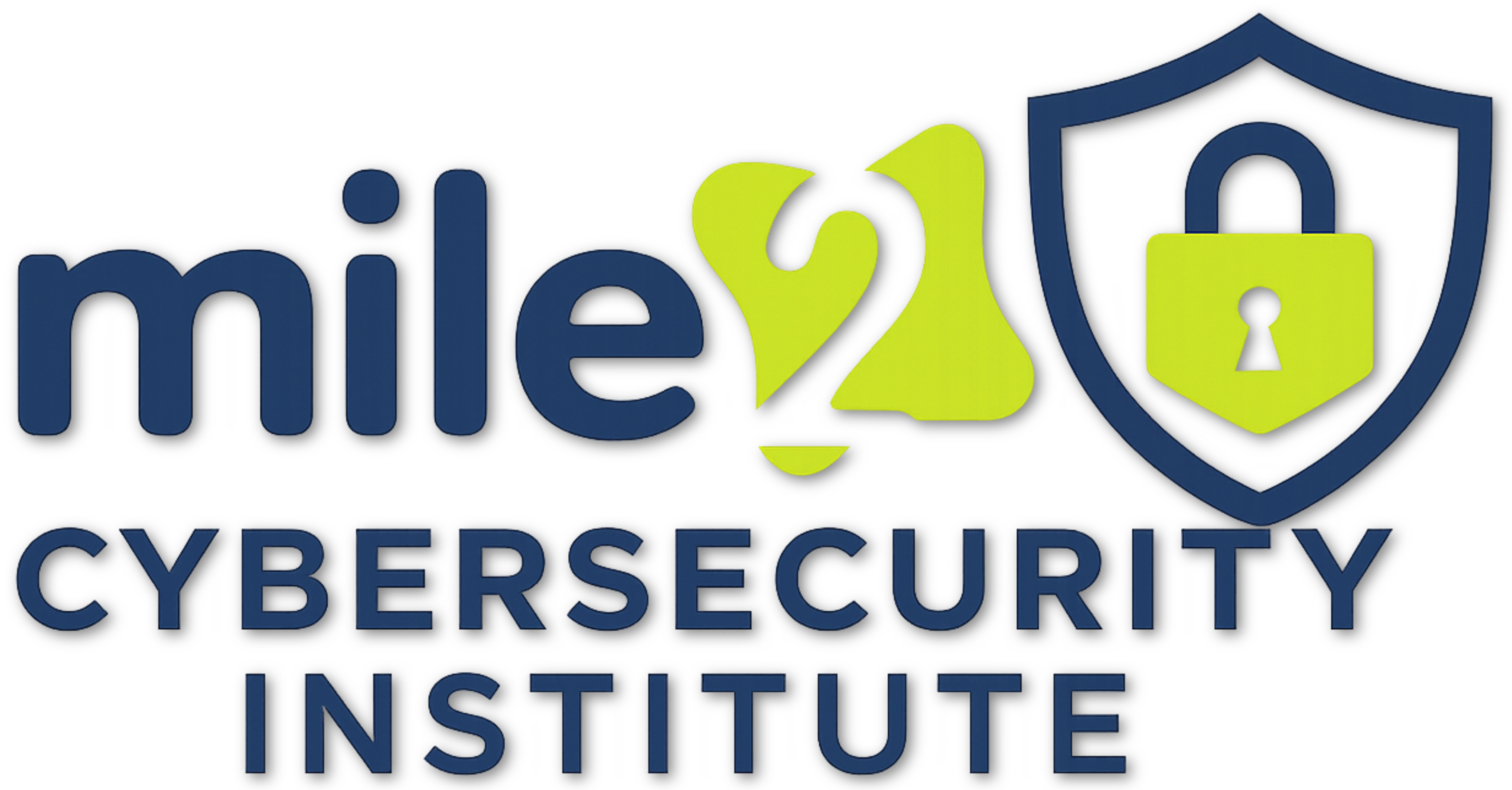OCU C)SP D Week 01 Lesson 01 Discussion
- This topic has 20 replies, 10 voices, and was last updated 3 months, 2 weeks ago by
Trae Johnson.
-
AuthorPosts
-
-
March 28, 2022 at 11:31 am #65905
Jessica Jagerson
KeymasterDiscuss the value of a third-party audit as well as the benefits associated towards industry compliance.
-
October 1, 2025 at 3:31 pm #109183
Carlos Martes
ParticipantA third party audit is valuable because it provides an independent and objective review of an organizations processes, security and compliance. Unlike internal reviews, outside auditors can see weaknesses or risks that employees might overlook. This helps build trusts with customers, partners and regulators by showing that the organization is committed to transparency and accountability. One of the biggest benefits of a third party audit is proving compliance with industry standards, such as ISO, HIPAA or PCI-DSS. Meeting these requirements helps avoid legal or financial penalties and strengthens the organizations reputation. It also reassures clients that their data and interests are being protected. Additionally, audits often identify areas for improvement, leading to stronger internal controls and better efficiency. While they can be time consuming, and costly, the long term benefits such as risk reduction, customer confidence, and industry credibility, make them essential for sustainable business growth. Hope this helps!
-
October 7, 2025 at 7:19 am #109325
Trae Johnson
ParticipantI agree third-party audit ensures positive objectivity, compliance, and trust among stakeholders. Though time- and resource-consuming, the ultimate dividends of long-term credibility, security, and efficiency make it worth the investment.
-
-
October 3, 2025 at 7:13 am #109206
Mjulius513
ParticipantA third-party audit is important because it offers an independent review of a company’s security and compliance practices. When an outside group conducts the audit, it is more reliable, as the company cannot affect the results. The auditors have the expertise to find weaknesses that the company’s staff might miss. This outside check also builds trust with customers, business partners, and regulators. It shows that the company is committed to protecting its systems and data. These audits also help companies meet industry standards. Many sectors, like healthcare and payment systems, have strict rules to follow. A successful audit demonstrates that the company is adhering to these rules, helping to avoid fines, penalties, or legal issues. This protects the company’s reputation and shows that it takes responsibility seriously. Being compliant can also give a competitive edge, as customers often choose companies that follow security standards. In short, audits promote better security, legal compliance, and customer trust.
-
October 6, 2025 at 9:38 pm #109314
Addison West
ParticipantI really like how you explained why third-party audits are important. You did a great job showing that outside auditors give an honest and fair review that helps companies find problems they might miss on their own. I agree that this helps build trust with customers, partners, and regulators because it shows the company takes security seriously. I also liked how you mentioned that audits help companies follow rules in industries like healthcare and payment systems. That’s really important since breaking those rules can cause big fines or legal trouble. Overall, your post does a great job showing that third-party audits make companies safer, more trustworthy, and more responsible.
-
-
October 3, 2025 at 3:13 pm #109226
Misty Stewart
ParticipantA third-party audit involves having outside experts examine how a company operates and manages its systems. This process is valuable because it enhances the company’s trustworthiness and transparency. Unlike internal checks, third-party audits are conducted by individuals who are not part of the company, ensuring an unbiased perspective. This impartiality helps customers, investors, and regulators feel more confident in the company’s practices. The main benefits of third-party audits include the ability to spot problems or risks that internal staff might overlook, gaining approval from respected external groups which demonstrates high standards, and identifying weaknesses in security or operations before they become serious issues.
Industry compliance, on the other hand, refers to following the rules and standards set for a specific field. Companies that maintain compliance not only avoid legal trouble but also enjoy several advantages. These include consistent operations through standard procedures that reduce mistakes, access to markets where compliance is required—such as healthcare or finance—a stronger reputation that helps the company stand out from competitors, and ongoing improvement as compliance rules often require regular updates to keep pace with new technology and practices. In summary, third-party audits and industry compliance are not just about meeting requirements; they help companies remain responsible, resilient, and successful, fostering a culture of excellence that benefits both the organization, and everyone connected to it.-
October 3, 2025 at 9:22 pm #109240
Carlos Martes
ParticipantHello Misty,
Great response! I like how you explained the value of third party audits in keeping companies trustworthy and compliant. You made it clear how they helped identify risks, improve operations and build stronger reputations. Your summary also shows why outside reviews are basically important for long-term success.
-
October 7, 2025 at 7:25 am #109326
Trae Johnson
ParticipantI agree that third-party audits and industry compliance enhance transparency, credibility, and security of a business via an unbiased evaluation. In the same way, industry compliance guarantees consistency, legal safeguarding, and reputation improvement. Together, they create a culture of accountability and continuous improvement that supports long-term success.
-
-
October 3, 2025 at 9:41 pm #109241
Derrick Adams
ParticipantThird-party audits are valuable because they bring an independent set of eyes to our controls. Internal teams can miss gaps due to we’ve always done it this way. An outside auditor tests policies and procedures against recognized standards and writes evidence-based findings. That objectivity helps leadership judge real risk, not wishful thinking.
Audits also support industry compliance. A clean report speeds vendor reviews, lowers insurance questions, and builds customer trust. Even when findings exist, they become a prioritized roadmap for fixes linking risks to business impact. Over time, repeating the audit shows whether controls improved.
Finally, audits help close the policy vs. practice gap. If the control isn’t operating, evidence will show it, and teams can adjust.-
October 6, 2025 at 9:55 pm #109320
Caleb Kiser
ParticipantHi Derrick,
I enjoyed reading your post. You explained the value of third party audits really clearly. I like how you pointed out that they provide an objective view and help reveal gaps internal teams might miss. It’s also a great point that audits build trust and create a roadmap for improvement, not just compliance. Repeating them over time really does show growth and accountability.
-
-
October 4, 2025 at 2:27 am #109244
Trae Johnson
ParticipantThird-party audits are incredibly valuable because they provides a purely objective, external view of an organization’s security stance. Internal personnel might too easily ignore blind spots or become accustomed to lacking processes, but a third-party audit forces us to look at systems, policies, and controls with a fresh perspective. Such audits can identify vulnerability, misconfigurations, or incident response weaknesses that may otherwise go undetected until acted upon by an actual attacker. Besides detection, they also verify whether the security processes in the organization comply with industry standards and current threats.
Another critical benefit of third-party audits is that they verify and maintain industry compliance. Whatever the framework is – ISO 27001, NIST, HIPAA, PCI DSS, or SOC 2 – most of the compliance activities require third-party verification. Proper execution of an audit not only confirms regulatory adherence but also creates trust with partners, customers, and stakeholders. It signals that the organization is dedicated to responsibility and is committed to ensuring sensitive data is safe. This kind of trust frequently becomes a significant competitive advantage, especially in sectors where data protection is a key deciding factor for clients. Finally, third-party audits not only plug security loopholes but also establish the reputation and strength of the organization.
-
October 5, 2025 at 9:35 pm #109270
Addison West
ParticipantI really like how you explained the value of third-party audits. You made a strong point about how outside auditors bring a fresh perspective and can catch weaknesses that internal teams might overlook. I also agree with your point about compliance, audits are often required for frameworks like ISO, HIPAA, or PCI, and they help prove that an organization is meeting the right standards. I thought it was great how you connected audits to building trust with customers and partners, since that’s something many people don’t think about. Overall, your post shows clearly how audits not only improve security but also strengthen reputation and give companies a competitive advantage.
-
-
October 4, 2025 at 10:32 pm #109248
Addison West
ParticipantA third-party audit is when an outside group reviews a company’s work, records, and systems. The auditor is not connected to the business, so they give an honest and fair view. This is valuable because it shows if the company is truly following the rules and standards that are required. Without a third-party check, a business might miss mistakes or even hide problems.
One big benefit of a third-party audit is trust. Customers, investors, and government agencies can feel confident knowing that the company’s work has been reviewed by an unbiased expert. This can improve the company’s reputation and show that it takes compliance seriously. Another benefit is risk reduction. Audits can catch issues early before they grow into bigger problems that could lead to fines, lawsuits, or accidents.
Third-party audits also help businesses improve. The auditor often gives feedback and recommendations that guide the company toward stronger processes and safer practices. In industries with strict rules, like healthcare, food, or finance, this is especially important. Meeting compliance through outside audits helps the company stay legal, avoid penalties, and build stronger operations. Overall, third-party audits are a key part of accountability and long-term success.
-
October 5, 2025 at 7:34 pm #109259
Teisha Nolen
ParticipantGreat post, Addison! Third-party audits offer unbiased insight into your security posture, helping identify hidden risks and validate compliance with industry standards. They definitely build trust with clients and regulators, they improve operational efficiency, and ensure you are not just meeting your requirements, but strengthening your defenses. Third-party audits are a smart move for long-term resilience.
-
October 6, 2025 at 12:00 pm #109284
Misty Stewart
ParticipantYou did a great job showing all the ways third-party audits are valuable. I like how you pointed out that they help build trust having someone outside the company check things makes everyone feel more confident and shows the company is honest. You also made a good point about reducing risks; finding problems early can save a company a lot of trouble and money later. I thought it was smart to mention that feedback from auditors can help companies get better, not just follow rules. In industries with lots of regulations, outside advice can help a company succeed instead of just getting by. Overall, you clearly explained how third-party audits protect companies and help them grow.
-
-
October 5, 2025 at 7:30 pm #109258
Teisha Nolen
ParticipantWhen it comes to security and compliance, third-party audits are a game-changer. They’re not just about checking boxes—they’re about having an unbiased expert take a deep look at your systems to make sure everything’s secure and up to standard. Internal teams can miss things, especially when they’re too close to the process. That’s where a fresh set of eyes really helps.
Third-party audits also build trust. Whether it’s clients, partners, or regulators, people feel more confident when they know your organization has been independently verified. Plus, these audits often align with major industry standards, which can open doors to new business opportunities.
And let’s be honest—compliance isn’t just about avoiding fines. It’s about protecting data, improving operations, and staying ahead of threats. A good audit can highlight risks before they become problems and help you strengthen your security posture across the board.-
October 5, 2025 at 7:54 pm #109260
Mjulius513
ParticipantI completely agree with your points about third-party audits. Having an outside expert review your systems is very important because they can find issues that internal teams might overlook. It’s also true that third-party audits help build trust with customers and partners since they show that the company takes security and compliance seriously. Beyond just meeting requirements, these audits help improve overall security and keep data safe. They also give useful feedback that can make operations stronger and prevent future problems. Overall, third-party audits are a smart way to stay secure, compliant, and prepared for new challenges.
-
-
October 6, 2025 at 11:45 am #109282
Caleb Kiser
ParticipantThird-party audits are very beneficial for a company. These audits involve someone from an outside organization coming in to review financial documents, processes, and other areas to make sure the company is operating honestly and with integrity. The biggest value of a third-party audit is that it provides an unbiased and trustworthy perspective. Because the auditor is independent, their findings carry more credibility with customers, regulators, and other stakeholders.
Third-party audits also help identify weaknesses or issues that internal teams might miss, giving the organization a chance to fix them before they become major problems. When it comes to industry compliance, these audits show accountability and transparency, helping build a strong reputation. They also ensure that the organization meets regulatory standards like ISO requirements or cybersecurity frameworks. Third-party audits encourage continuous improvement and promote long-term organizational integrity.
-
October 6, 2025 at 1:32 pm #109298
Isabelle Tubbs
ParticipantHi, Caleb! It is great that you highlighted the importance of credibility with third-party audits. Using these types of audits can carry much more weight to what is being stated when sharing the information with other individuals. Also, it is a great benefit to know that these audits could find something that might not have been noticeable to the internal staff, which can be especially important for improving security or with following legal regulations.
-
-
October 6, 2025 at 1:28 pm #109296
Isabelle Tubbs
ParticipantWhen security measures are put in place, it is important to analyze that they are effective for the organization and scope for which it is intended. Getting an audit from a third-party can help get the right perspective on how well the security measures are working, whether they comply with regulations and policies, and what weaknesses there might be.
If the security measures are working well, this is good information for justifying the cost of certain security controls. However, if they are not effective, then adjustments need to be made to address those vulnerabilities and weaknesses that were found in the system. Once these corrections have been made, then checking the security again can be helpful.
Finally, a vital part of compliance is making sure that it complies with federal regulations (such as HIPAA and GLBA) so that everything is done in a legal manner. Also, it is important to comply with any policies that the company has put in place as well; this ensures that the security measures work well with the organization.-
October 6, 2025 at 1:53 pm #109300
Derrick Adams
ParticipantIsabelle,
Nice points, especially how you tied third-party audits to both compliance and real improvement, not just a checkbox. I also like the “fix, then recheck” loop.
If you could track only one metric after an audit to prove security is getting better, which would you pick and why?
-
-
-
AuthorPosts
- You must be logged in to reply to this topic.


